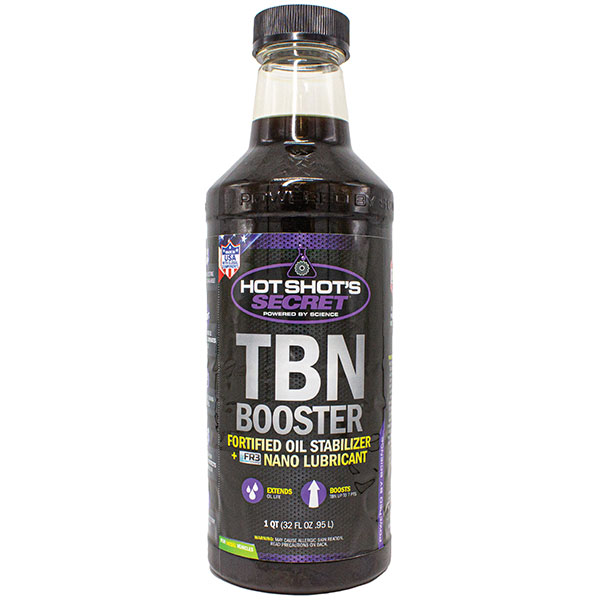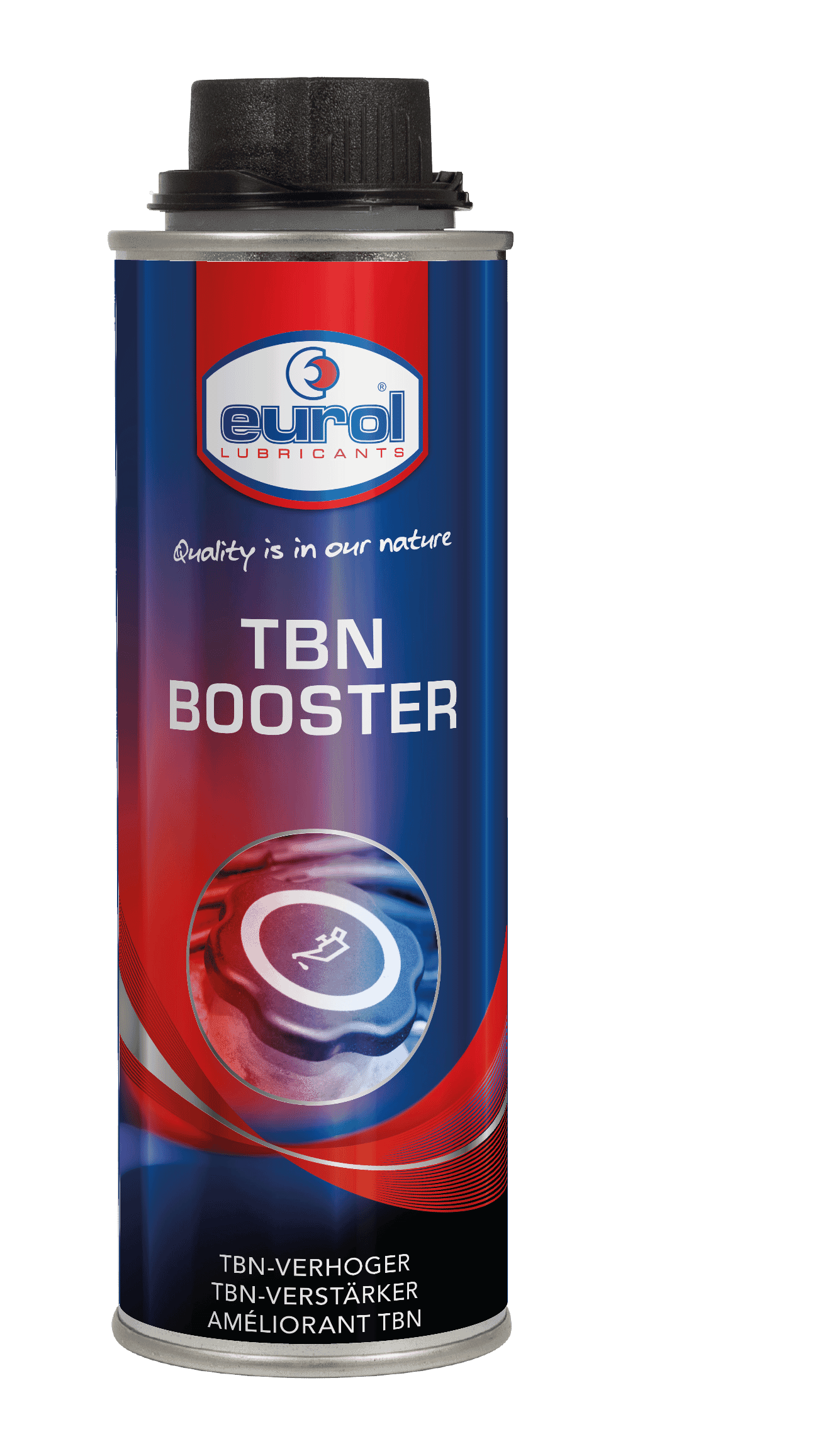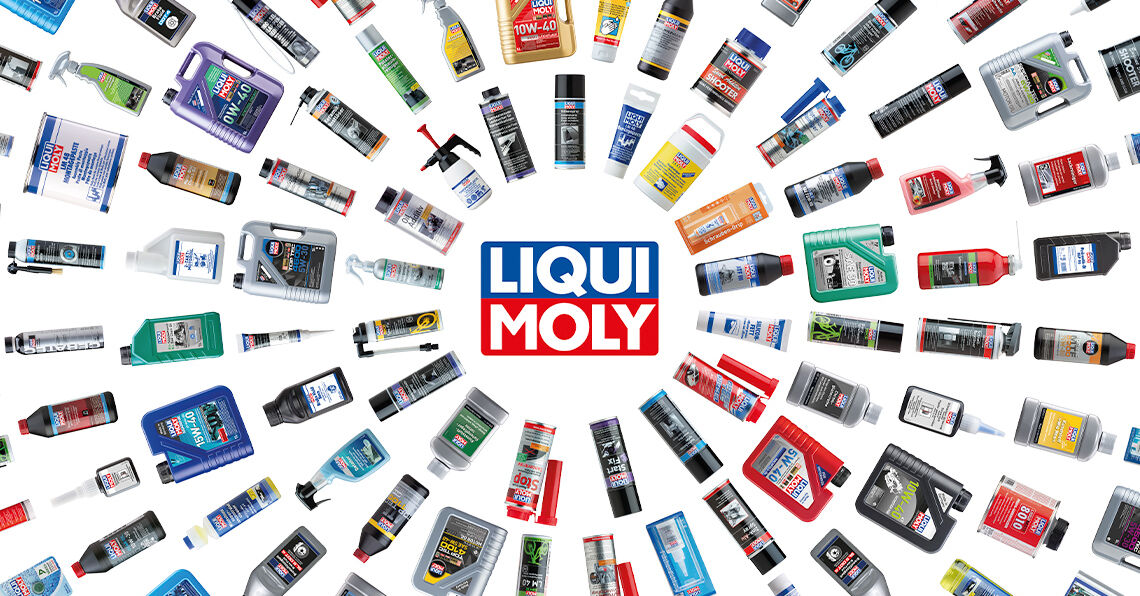Shel_B
Site Donor 2023
- Joined
- Aug 7, 2020
- Messages
- 5,167
Just a random thought while making the morning coffee:
A lot of folks put OTC additives in their oil in order to combat engine problems or to put an ingredient into the oil that the user feels may be lacking, like a moly additive.
It's been said here many times that oil is carefully formulated so that the additive pkg is balanced for the intended purpose of the oil, and that OTC additives are not recommended.
And I've read here that HPL may sometimes work up a custom blend for a customer.
So, with all of this running through my head, I started thinking that it might be nice if an oil manufacturer could provide an additive blend designed for a specific oil that could be added to the sump as the oil gets used and additives become depleted (ex: Mobil 1 EP replenishment additive to be used after 10,000 miles).
Is that something an oil company could do? What problems might need to be overcome in order to do something like this?
A lot of folks put OTC additives in their oil in order to combat engine problems or to put an ingredient into the oil that the user feels may be lacking, like a moly additive.
It's been said here many times that oil is carefully formulated so that the additive pkg is balanced for the intended purpose of the oil, and that OTC additives are not recommended.
And I've read here that HPL may sometimes work up a custom blend for a customer.
So, with all of this running through my head, I started thinking that it might be nice if an oil manufacturer could provide an additive blend designed for a specific oil that could be added to the sump as the oil gets used and additives become depleted (ex: Mobil 1 EP replenishment additive to be used after 10,000 miles).
Is that something an oil company could do? What problems might need to be overcome in order to do something like this?





